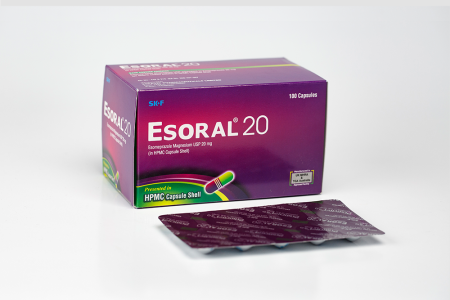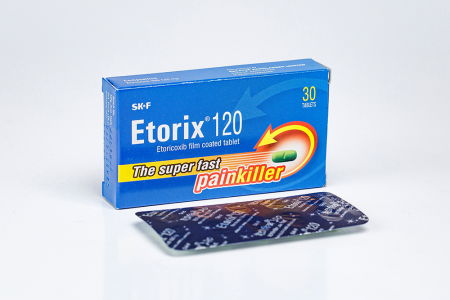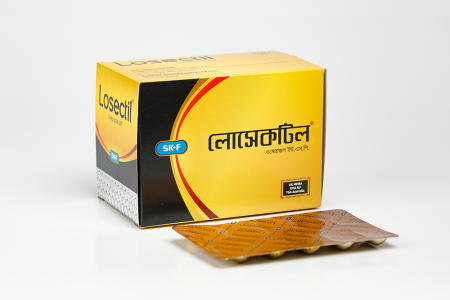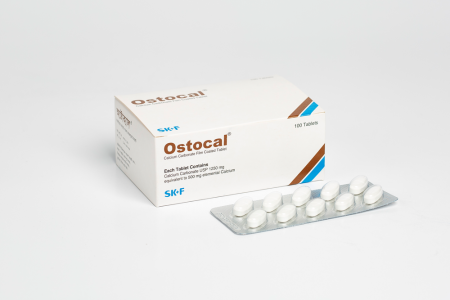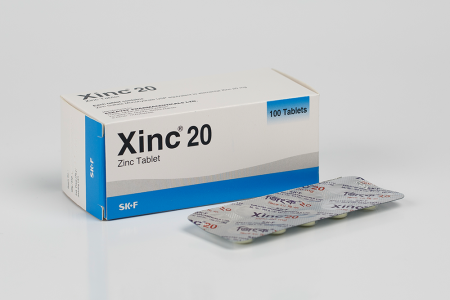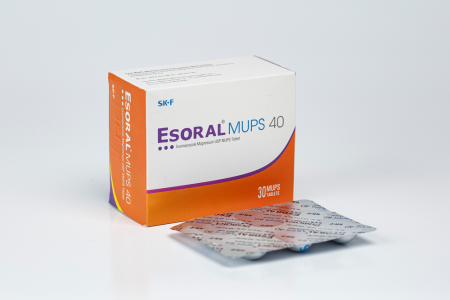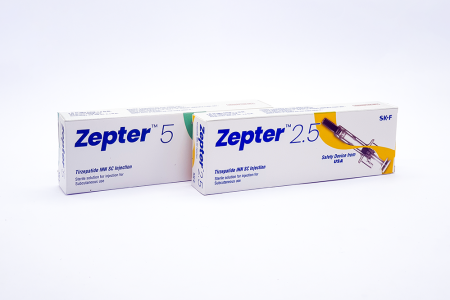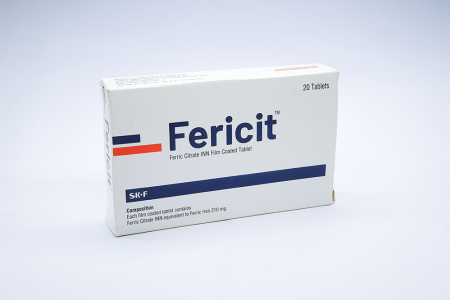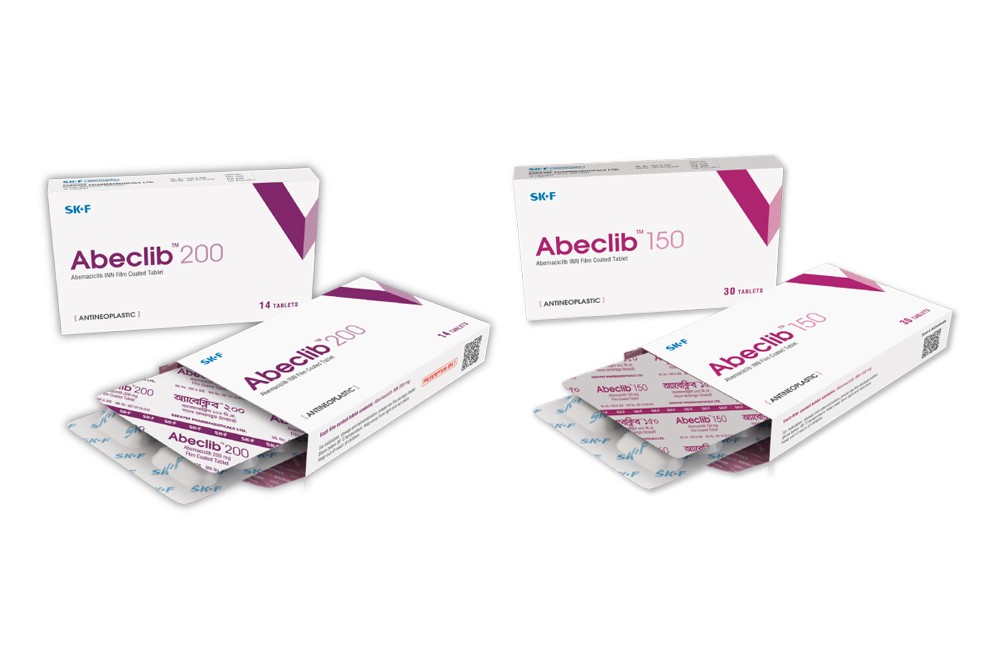

Abeclib
DESCRIPTION
Abeclib™ is a preparation of Abemaciclib. Abemaciclib is an inhibitor of cyclin-dependent kinases 4 and 6 (CDK4 and CDK6). These kinases are activated upon binding to D-cyclins. In estrogen receptor-positive (ER+) breast cancer cell lines, cyclin D1 and CDK4/6 promote phosphorylation of the retinoblastoma protein (Rb), cell cycle progression, and cell proliferation. In vitro, continuous exposure to Abemaciclib inhibited Rb phosphorylation and blocked progression from G1 into S phase of the cell cycle, resulting in senescence and apoptosis. In breast cancer xenograft models, Abemaciclib dosed daily without interruption as a single agent or in combination with antiestrogens resulted in reduction of tumor size.
INDICATIONS
Abemaciclib (Abeclib™) is a kinase inhibitor indicated
• in combination with endocrine therapy (tamoxifen or an aromatase inhibitor) for the adjuvant treatment of adult patients with hormone receptor (HR)-positive, human epidermal growth factor receptor 2 (HER2)-negative, node-positive, early breast cancer at high risk of recurrence and a Ki-67 score ≥20% as determined by an FDA approved test.
• in combination with an aromatase inhibitor as initial endocrine-based therapy for the treatment of postmenopausal women, and men, with hormone receptor (HR)-positive, human epidermal growth factor receptor 2 (HER2)-negative advanced or metastatic breast cancer.
• in combination with fulvestrant for the treatment of adult patients with hormone receptor (HR)-positive, human epidermal growth factor receptor 2 (HER2)-negative advanced or metastatic breast cancer with disease progression following endocrine therapy.
• as monotherapy for the treatment of adult patients with HR-positive, HER2-negative advanced or metastatic breast cancer with disease progression following endocrine therapy and prior chemotherapy in the metastatic setting.
DOSAGE AND ADMINISTRATION
Abeclib™ tablets are taken orally with or without food
• Recommended starting dose in combination with fulvestrant, tamoxifen, or an aromatase inhibitor: 150 mg twice daily.
• Recommended starting dose as monotherapy: 200 mg twice daily.
• Dosing interruption and/or dose reductions may be required based on individual safety and tolerability.
CONTRAINDICATIONS
None
SIDE EFFECTS
• Diarrhea, nausea, vomiting, abdominal pain, decreased appetite.
• Neutropenia, infections, anemia, leukopenia, thrombocytopenia.
• Fatigue, headache.
PRECAUTIONS AND WARNINGS
• Diarrhea: Instruct patients at the first sign of loose stools to initiate antidiarrheal therapy, increase oral fluids, and notify their healthcare provider.
• Neutropenia: Monitor complete blood counts prior to the start of Abemaciclib therapy, every 2 weeks for the first 2 months, monthly for the next 2 months, and as clinically indicated.
• Interstitial Lung Disease (ILD)/Pneumonitis: Monitor for clinical symptoms or radiological changes indicative of ILD/pneumonitis. Permanently discontinue Abemaciclib in all patients with Grade 3 or 4 ILD or pneumonitis.
• Hepatotoxicity: Increases in serum transaminase levels have been observed. Perform liver function tests (LFTs) before initiating treatment with Abemaciclib. Monitor LFTs every two weeks for the first two months, monthly for the next 2 months, and as clinically indicated.
• Venous Thromboembolism: Monitor patients for signs and symptoms of thrombosis and pulmonary embolism and treat as medically appropriate.
• Embryo-Fetal Toxicity: Can cause fetal harm. Advise patients of potential risk to a fetus and to use effective contraception.
DRUG INTERACTION
• CYP3A Inhibitors: Avoid concomitant use of ketoconazole. Reduce the Abemaciclib dose with concomitant use of other strong CYP3A inhibitors.
• CYP3A Inducers: Avoid concomitant use of strong CYP3A inducers.
USE IN PREGNANCY AND LACTATION
Based on findings in animals and its mechanism of action, Abemaciclib can cause fetal harm when administered to a pregnant woman. There are no available human data informing the drug-associated risk. Advise pregnant women of the potential risk to a fetus. In animal reproduction studies, administration of Abemaciclib during organogenesis was teratogenic and caused decreased fetal weight at maternal exposures that were similar to human clinical exposure based on AUC at the maximum recommended human dose.
There are no data on the presence of Abemaciclib in human milk, or its effects on the breastfed child or on milk production. Because of the potential for serious adverse reactions in breastfed infants from Abemaci- clib, advise lactating women not to breastfeed during Abemaciclib treatment and for at least 3 weeks after the last dose.
PHARMACEUTICAL PRECAUTION
Store below 30 °C temperature. Keep away from light and wet place. Keep out of reach of children.
PACKAGING
Abeclib™ 150 Tablet: Box containing 3 strips of 10 tablets each. Each tablet contains Abemaciclib INN 150 mg.
Abeclib™ 200 Tablet: Box containing 2 strips of 7 tablets each. Each tablet contains Abemaciclib INN 200 mg.



